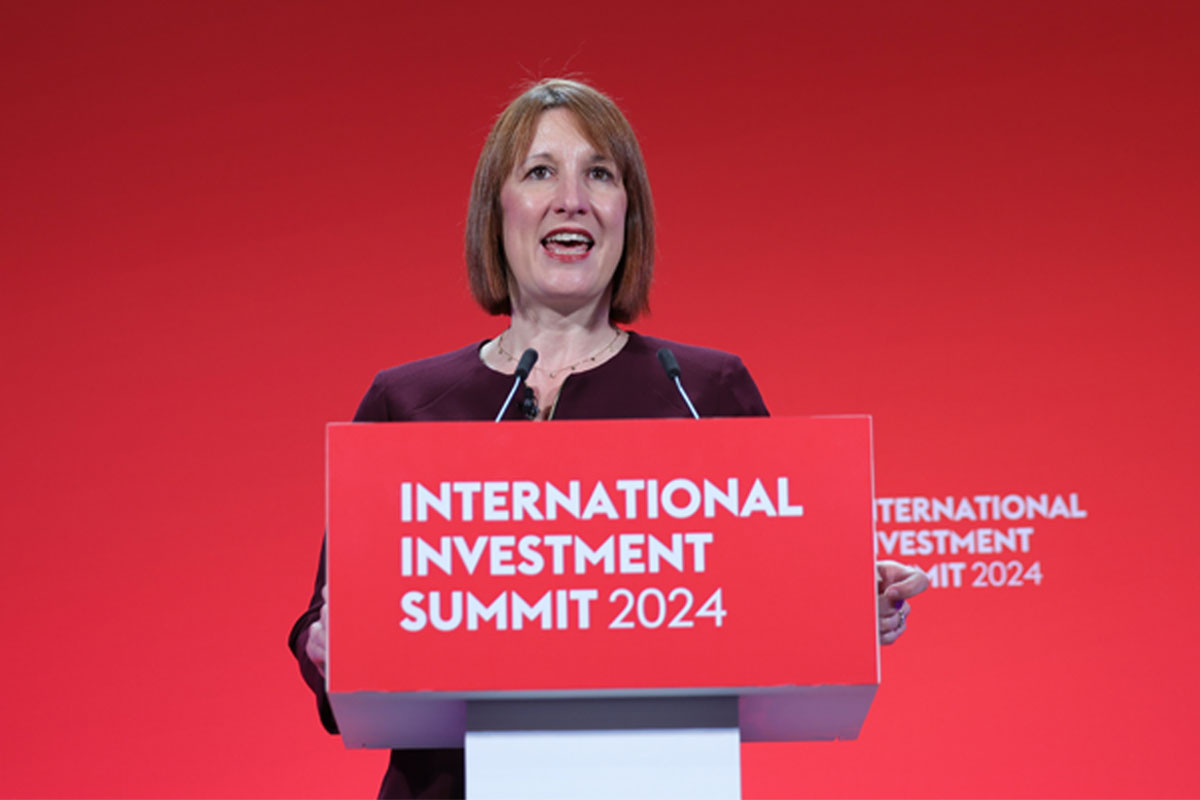Autumn budget takes aim at UK businesses

Image Credit: flickr.com/UKGovernment/KirstyO’Connor/No10DowningStreet
WORKERS’ wages are set to increase in April 2025, presenting further financial pressures for retailers across the country to grapple with.
Announced in the Autumn Budget, delivered by Chancellor of the Exchequer Rachel Reeves, employee national living wage is set to rise to £12.21 per hour for workers aged 21 and older. And the national minimum wage is set to increase from £8.60 to £10 per hour.
Reeves also confirmed National Insurance contributions made by employers would increase by 1.2% to sit at 15%. In addition, the threshold at which employers start paying NI contributions would fall, with the tax applying on workers’ earnings starting from £5,000, when it previously sat at £9,100.
Reeves said: “I know that this is a difficult choice, I do not take this decision lightly.
“We are asking businesses to contribute more, and I know that there will be impacts of this measure felt beyond businesses too.
“But in the circumstances that I have inherited, it is the right decision to make.”
However, small and medium-sized businesses will see some relief in this area as Reeves announced an increase in Employment Allowance for SMEs, rising to £10,500 – up from £5,000. Reeves said this will allow SMEs to hire at least four employee without having to pay National Insurance contributions.
Alongside this, Reeves confirmed the government would maintain the freeze on Fuel Duty and consumers will not see an increase at the pumps from this in 2025.
However, Westminster did confirm plans to raise the soft drinks levy in line with inflation and re-affirmed the plans from the previous Conservative government to introduce a new flat rate levy on vaping devices in October 2026.
Additionally, duty on both tobacco products as well as alcohol will see a rise in the new year, with a renewal on the tobacco duty escalator at 2% RPI. Meanwhile, non-draft alcohol products will rise in line with RPI, representing a rise of 2.7%. And hand-rolling tobacco duty will see an eye-watering increase of 10% this year.
Despite the further additional finances for retailers to factor in, Reeves’ Budget did start on a positive note for victims of the Post Office Horizon Scandal, with £1.8billion set aside to ensure compensation for those victims whose lives have been wrecked due to this scandal.
Proving a difficult budget for business-owners, James Lowman, chief executive at the Association of Convenience Stores (ACS), believes that store owners will face a “challenging future” as many will now need to factor these increases in the cost of running a business.
He said: “Our members are grappling with how to afford this inflation-busting increase in wage costs. The market remains tough, with many retailers reporting flat or declining sales while expenses like banking charges, credit card processing fees and energy bills are eating away at profitability.
“For some communities, this could mean the viability of their local shop is put at risk.”






















